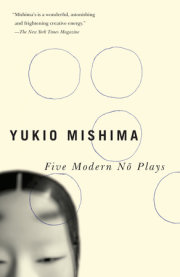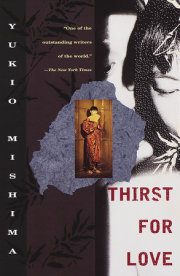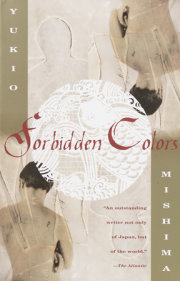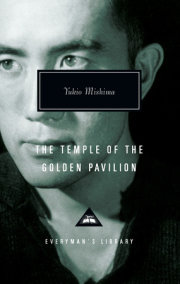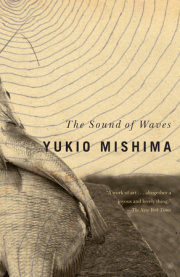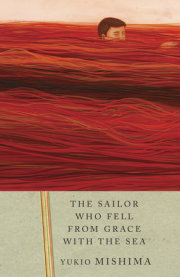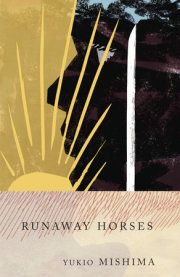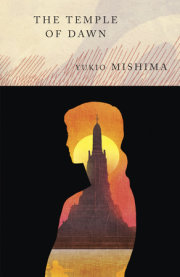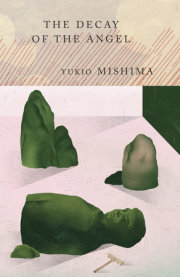NOW AVAILABLE
Sign in and order your Wish List!
Retailers, sign in here with your PRH Self-Service email and password to enjoy new Wish List features, like saving and ordering your list.


Our mission is to foster a universal passion for reading by partnering with authors to help create stories and communicate ideas that inform, entertain, and inspire.
/





























































































